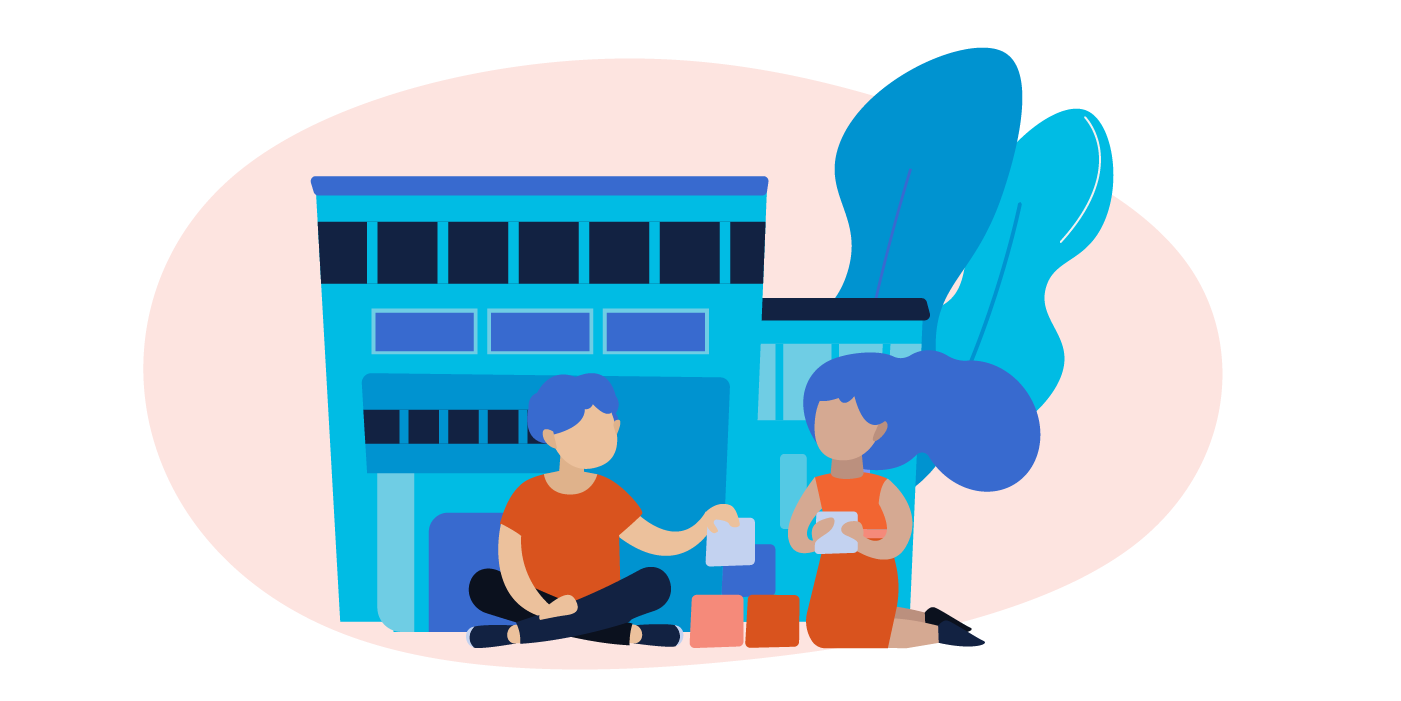What Is Non-Verbal Learning Disorder?
 Nonverbal learning disorder (NVLD), also known as nonverbal learning disability, is a neurological condition which typically emerges during childhood but can persist through adulthood. It is marked by one or more of a set of cognitive, and sometimes social, difficulties experienced by children of otherwise average or superior intelligence, such as visual-spatial struggles and motor-skill deficits. Some people diagnosed with NVLD also have trouble comprehending nonverbal information such as body language and facial expressions. Read more ›
Nonverbal learning disorder (NVLD), also known as nonverbal learning disability, is a neurological condition which typically emerges during childhood but can persist through adulthood. It is marked by one or more of a set of cognitive, and sometimes social, difficulties experienced by children of otherwise average or superior intelligence, such as visual-spatial struggles and motor-skill deficits. Some people diagnosed with NVLD also have trouble comprehending nonverbal information such as body language and facial expressions. Read more ›


 The percussive skill needed to bang out rhythms on a drum may help improve socializing, inhibition control and focus among teens with autism, new research suggests.
The percussive skill needed to bang out rhythms on a drum may help improve socializing, inhibition control and focus among teens with autism, new research suggests. 
 For decades, many physicians, parents and teachers have believed that
For decades, many physicians, parents and teachers have believed that 
 Navigating the special education landscape can be daunting for parents trying to get the best education for their children. Here’s a guide to Individualized Education Programs, 504 plans and other aspects of special education.
Navigating the special education landscape can be daunting for parents trying to get the best education for their children. Here’s a guide to Individualized Education Programs, 504 plans and other aspects of special education. 
 Body doubling is the practice of actively and intentionally completing tasks in the presence of someone else, and it makes a tangible difference for those who struggle to retain focus. The double doesn’t have to be doing the same task as you, they just need to be present (whether in person or via a livestream screen) and focusing on a project for the same amount of time.
Body doubling is the practice of actively and intentionally completing tasks in the presence of someone else, and it makes a tangible difference for those who struggle to retain focus. The double doesn’t have to be doing the same task as you, they just need to be present (whether in person or via a livestream screen) and focusing on a project for the same amount of time. 
 In the early phase of the COVID-19 pandemic, Stanford Medicine researchers had to pause a study of autism treatment in preschoolers. The participants, young children with speech delays, had been coming to Stanford 12 hours a week for a therapy called
In the early phase of the COVID-19 pandemic, Stanford Medicine researchers had to pause a study of autism treatment in preschoolers. The participants, young children with speech delays, had been coming to Stanford 12 hours a week for a therapy called 
 The school-to-work transition can take longer for young adults with ADHD, who don’t mature at the same pace as their peers. Here’s how parents can nudge without pushing.
The school-to-work transition can take longer for young adults with ADHD, who don’t mature at the same pace as their peers. Here’s how parents can nudge without pushing. 

 The CDC and National Health Statistics Reports estimate that there is a 1-2% chance of a child being diagnosed with an autism spectrum disorder (ASD), and the rates for boys are higher than that for girls. So, if your child has just been diagnosed with autism, you are not alone.
The CDC and National Health Statistics Reports estimate that there is a 1-2% chance of a child being diagnosed with an autism spectrum disorder (ASD), and the rates for boys are higher than that for girls. So, if your child has just been diagnosed with autism, you are not alone. 
 Unfortunately, no cure currently exists for ADHD. Therefore, treatment focuses on symptom management. Although the symptoms of ADHD may change with age, teens with ADHD still require treatment to target these symptoms and may require treatment into adulthood.
Unfortunately, no cure currently exists for ADHD. Therefore, treatment focuses on symptom management. Although the symptoms of ADHD may change with age, teens with ADHD still require treatment to target these symptoms and may require treatment into adulthood. 

